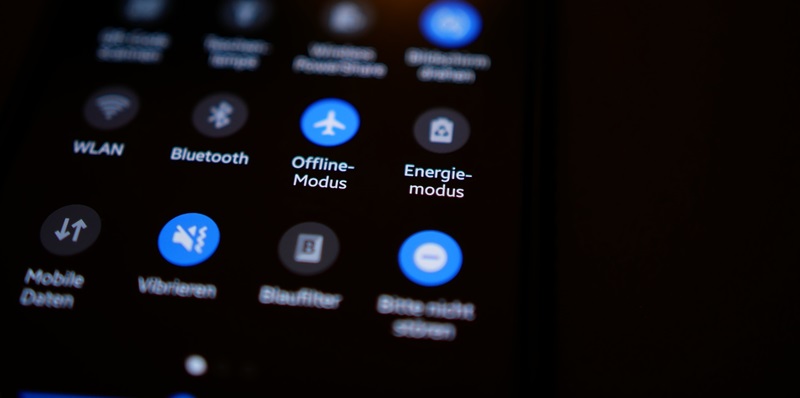Bluetooth trackers have become increasingly popular for their ability to help people locate keys and other personal items. However, these handy devices have taken on a much darker role in the world of organized crime. The European agency for law enforcement cooperation, Europol, has issued a warning about the misuse of Bluetooth tags by criminals to geolocate loot. This article delves into the alarming trend of Bluetooth trackers being leveraged by organized criminals, particularly in the realm of drug trafficking.
Europol’s warning
In a recent alert, Europol highlights the concerning trend of criminals utilizing Bluetooth trackers for their illicit activities. The agency has expressed concern about the use of these trackers to locate and track illicit commodities, with a particular emphasis on drug trafficking. Europol’s Early Warning Notification specifically acknowledges Bluetooth trackers as an essential tool for criminals engaged in this illegal trade.
Criminal Use of Bluetooth Trackers
Organized criminals have found Bluetooth trackers to be invaluable in their drug trafficking operations. These trackers enable them to locate clandestine shipments of illicit substances. Law enforcement officers have discovered Bluetooth trackers alongside significant quantities of cocaine in container shipments of seemingly innocent food products. The discovery of these trackers has shed light on the extent to which criminals are relying on this technology to facilitate their operations.
Incidents and discoveries
Europol has confirmed the involvement of Bluetooth trackers in drug trafficking. According to the agency, drug traffickers use these trackers to pinpoint the location of their illicit shipments upon arrival in ports and track them as they make their way to various storage locations. This allows criminals to maintain control over their operations and mitigate the risks associated with storing illegal substances.
Limitations of Bluetooth trackers
While Bluetooth trackers have proven to be useful tools, they do have limitations in the context of tracking shipments at sea. Due to technological constraints, Bluetooth technology is not suitable for locating shipments when they are out at sea. In these cases, GPS technology is preferred for its ability to provide accurate and reliable tracking information. However, GPS trackers can be hindered by solid structures, and their battery life is typically limited.
Advantages of Bluetooth trackers
Despite the limitations, Bluetooth trackers offer distinct advantages that make them appealing to organized criminals. Bluetooth trackers tend to be smaller, more affordable, and have a longer battery life of approximately one to two years. Their waterproof feature also makes them resilient against environmental factors that could impact their functionality. These factors contribute to their popularity among criminals involved in organized crime.
Additional uses of Bluetooth trackers
Apart from drug trafficking, Bluetooth trackers have found uses in other criminal activities as well. They have been employed to locate vehicles involved in organized property crime, enabling criminals to track stolen cars and evade law enforcement. Additionally, Bluetooth trackers have been used to locate vessels involved in migrant smuggling, allowing criminals to monitor their illegal operations and ensure their success.
The misuse of Bluetooth trackers by criminals is a significant concern for law enforcement agencies. Europol’s warning highlights the alarming trend of organized criminals leveraging these trackers for their illicit activities, particularly in drug trafficking. While Bluetooth trackers have their limitations, their advantages such as smaller size, longer battery life, and affordability make them an attractive choice for criminals. To effectively combat this emerging threat, law enforcement agencies need to adapt their strategies and develop new technologies to counter the misuse of Bluetooth trackers and protect communities from organized crime.

